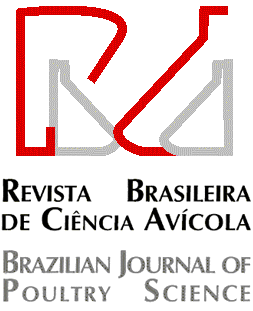ABSTRACT
Gossypol, a phenolic compound produced by the pigment glands of cotton, is known to affect male reproduction. In females, exposure to gossypol has been associated with interference with the estrous cycle and embryo development. In laying hens fed cottonseed, gossypol was found to reduce egg production and weight and to cause discoloration of the egg yolk and/or albumen. It is probable that gossypol directly affects ovarian follicles, but this has not been confirmed experimentally yet. Thus, the aim of the present study was to determine if gossypol affected cultivated ovarian follicles of the chicken. Ovarian follicles of adult female chickens were cultivated with different concentrations of gossypol (0, 5, 10 and 20 μg/mL) and classified according to the stage of development as primordial, transitional, primary, secondary or antral, and as viable or atretic. The percentages of viable and atretic follicles in the ovaries cultivated for 24 hours in the presence of gossypol were significantly different from those of the controls for all types of follicles except for secondary follicles, but in all types after cultivation for 7 days. The percentage of viable follicles was higher than that of atretic follicles in ovaries cultivated without gossypol. In contrast, ovaries cultivated with gossypol showed a predominance of atretic follicles. Gossypol increased the proportion of atretic follicles at all stages of development in cultivated chicken ovaries. Thus, gossypol may affect ovarian follicular viability and maturation, which might interfere with female fertility.
Keywords:
Cottonseed; female reproduction; gossypol; ovaries; reproductive toxicology


